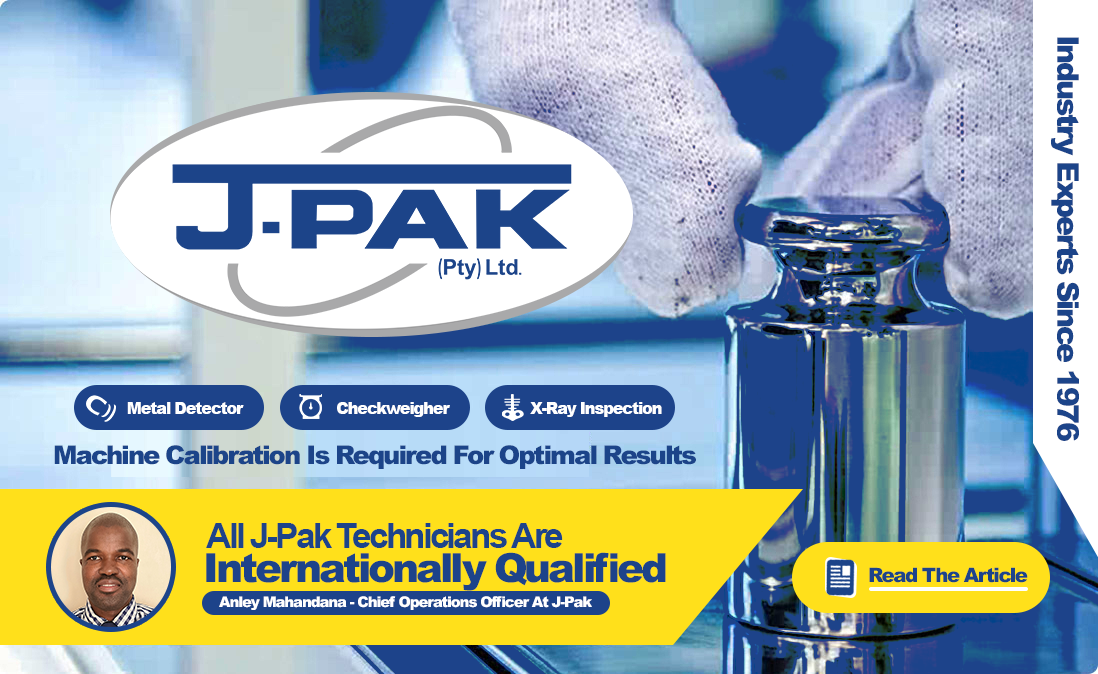
Ensure Metal Detector, X-Ray and Checkweighers Are Calibrated
Food processing plants and other facilities that manufacture, package, and distribute food products rely on various types of equipment to ensure that their products are safe, high-quality, and meet legal requirements. Metal detectors, checkweighers, and X-ray inspection systems are essential tools that help to ensure that food products are free from contaminants, accurately weighed, and properly labelled. To ensure that these pieces of equipment are effective, it’s important to ensure that they are calibrated regularly.
Calibration is the process of adjusting a piece of equipment to ensure that it is functioning correctly and accurately performing its intended function. In the case of metal detectors, checkweighers, and X-ray inspection systems, calibration involves adjusting the equipment to a specific sensitivity level or weight range. Regular calibration of these equipment helps to ensure that they are functioning correctly and effectively detecting contaminants, accurately weighing products, and meeting legal requirements.
Metal detectors are essential tools in food processing plants and other facilities where metal contaminants can pose serious health risks to consumers. These contaminants can come from processing equipment, packaging materials, or even from the raw ingredients themselves. Metal detectors are calibrated to a specific sensitivity level, which is determined by the type of product being inspected and the potential types and sizes of metal contaminants that may be present. Calibration involves testing the metal detector with a known standard or sample containing a specific type and size of metal contaminant. If the metal detector correctly detects the metal contaminant, then it is calibrated correctly. If it does not detect the metal contaminant, then adjustments must be made to the sensitivity level until the metal detector is detecting the metal contaminant correctly.
Regular calibration of metal detectors is important for several reasons. First, it helps to comply with food safety regulations. Many countries and regions have strict food safety regulations in place that require food manufacturers to implement metal detection systems as a part of their food safety programs. These regulations often require metal detectors to be calibrated at regular intervals to ensure that they are functioning correctly and effectively detecting metal contaminants.
Second, regular calibration helps to prevent product recalls. Metal contaminants can cause serious injuries and even death if consumed by consumers. If a metal contaminant is found in a food product, the manufacturer may be required to issue a product recall, which can be costly and damaging to the brand’s reputation. Regular calibration of metal detectors can help to prevent metal contaminants from going undetected, reducing the risk of product recalls and protecting consumers from harm.
Third, regular calibration helps to improve product quality. Metal contaminants can cause damage to processing equipment, leading to increased downtime and maintenance costs. They can also cause product defects, resulting in lower product quality and reduced shelf life. By detecting and removing metal contaminants, metal detectors can help to improve product quality and reduce product waste.
Checkweighers are another essential tool in food processing plants and other facilities where packaged products are manufactured and distributed. They help to ensure that products are packaged accurately and consistently and that they meet the weight requirements specified on the product label. Checkweighers are calibrated to a specific weight range, which is determined by the product being weighed and the accuracy required. Calibration involves testing the checkweigher with a known standard or sample of a specific weight. If the checkweigher weighs the sample correctly, then it is calibrated correctly. If it does not weigh the sample correctly, then adjustments must be made to the calibration settings until the checkweigher is weighing products accurately.
Regular calibration of checkweighers is important for several reasons. First, it helps to comply with legal requirements. In many countries and regions, there are strict regulations in place.

